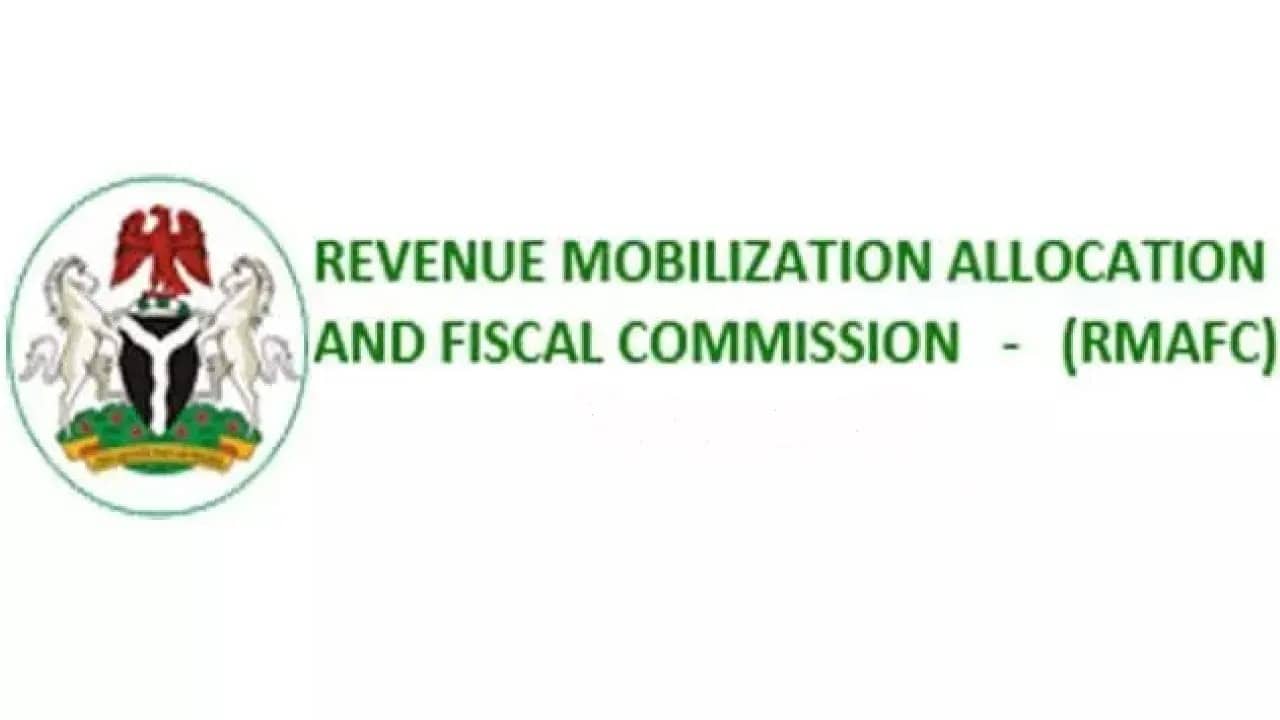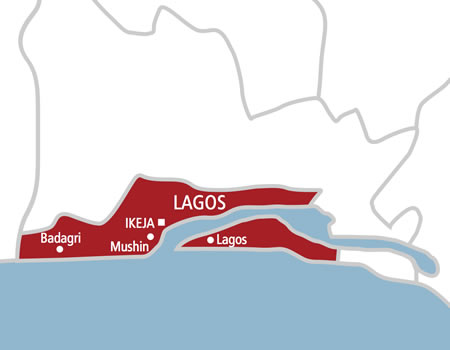The action of Mr. President and Visitor to the University of Abuja, Asiwaju Bola Ahmed Tinubu, on the crisis that surrounded the appointment of Vice-Chancellor is, no doubt, a commendable intervention. It is not only a sign that we have a listening President, but also a very strong signal to the Governing Councils of all public higher educational institutions in this country that, just as they can hire and fire, they can also be fired if they mishire. The crisis that consumed the AVM Saddiq Ismaila Kaita (Rtd)-led Governing Council and the Vice-Chancellor it “mishired” was needless and avoidable had the Council been completely neutral and objective, and shown regard for due process in the series of events that culminated in the appointment of Professor Aisha Maikudi as Vice-Chancellor.

It is disheartening to note that most of the Vice-Chancellorship selection processes that have been conducted since the inauguration of the Governing Councils of Federal Universities in May 2024 have been riddled with institutional polarization and disunity occasioned by the incompetence of the Governing Councils in charge. At Nnamdi Azikwe University, Awka, the President and Visitor to the University had to sack the Council for a display of incompetence that led to the appointment of a controversial and an allegedly unqualified candidate, and also proceeded to remove the so-appointed Vice-Chancellor. At Alvan Ikoku Federal University of Education, the Sen. Joy Emordi-led Governing Council appointed another candidate whose emergence as Professor is shrouded in promotion mystery and unprecedented appointment procedure compromise last month.
The problem with the University of Abuja started with the advertisement for the position of Vice-Chancellor published on 15th March, 2024. Since there was no Governing Council in place, a large section of the University staff members, led by the Uniabuja Academic Staff Union of Universities (ASUU), protested the advertisement on the strong argument that the Vice-Chancellor who issued the advert had no locus standi to so do, nor to act in the place of Council. With the reconstitution of a new Council in August, 2024, another advertisement was published but with an eligibility contradiction, without the latter setting aside the former. To be specific, in the first advertisement, a candidate had to be five (5) years as Professor to be eligible; but in the second, no post-professorial experience was attached.
Since the sitting Acting Vice-Chancellor, Professor Aisha Maikudi, was less than five (5) years old as a Professor and interested in the position, an atmosphere of mistrust was heralded on the Campus with the suspicion that the whole process would be engineered in her favour. Since then, the suspicion and mistrust had continued to worsen, especially as a section of the community continued to find egregious breaches of standards in every step subsequently taken by the Council. It should also be noted that both the sacked Pro-Chancellor and Vice-Chancellor were from Katsina, thus compounding the insinuation of nepotistic camaraderie in the process. To most Nigerians who strongly believe in due process and who respect the sectoral sanctity and peculiarity of universities, the dissolution of the last Council is a good riddance to bad rubbish for which President Tinubu must be commended.
With this development, the best time to recalibrate and reposition the University of Abuja is no other moment than now, an historic responsibility situationally bestowed on the new Governing Council led by distinguished Senator Lanre Tejuosho. Senator Tejuosho, and by extension other members of the newly constituted Governing Council of Uniabuja, have a very unique opportunity to rise where others have fallen; stand where others are sitting; and be outstanding even where their colleagues are standing. The first thing the new Council must do is to embark on a full healing and reconciliation mission in the University. All political factions and academic and non-academic caucuses in the University on the basis of the last selection process must be reunited and made to work towards common institutional goals. This should be done by hitting the ground running and strategically meeting the statutory organs of the University, the staff unions, the student union and leaders of all related groups in the University. Council must make these groups to see reasons for unity, as well as the strengths in cultural diversity and demographic heterogeneity for which the University is known.
The second thing the new Council also needs to do is to instill confidence and trust in all stakeholders of the University, and assure them of their resolve to conduct the most transparent and merit-driven selection process ever in the history of the University. This pledge should not just be with words but be backed by actions at every stage of the new process. This should equally be extended to every decision of the Council on general governance and superintending matters. The third step should be to commence a new selection process for the appointment of Vice-Chancellor. In doing this, the Council must be guided by the provisions of the Universities (Miscellaneous Provisions) (Amendment) Act 2003 (otherwise called the Universities Autonomy Act No. 1 of 2007). It must also be guided by the relevant guidelines of the Federal Ministry of Education on same, especially as it borders on the number of years a candidate must have spent post-Professorially.
But beyond all these statutory provisions is the need for every University to raise the bar a little, so that it can truly get the best to lead it at these challenging times. To be frank, a Professor who has won no substantial research grant in their academic life has no business leading any university at this age. What of a Professor whose presence is not visible on Google Scholar, ResearchGate, Scopus, etc.? I laughed when I Googled a candidate’s citation metrics and found the person had below twenty on Google Scholar. What can such candidates offer as Chief Academic and Administrative Officers? Which reputable institutions would want to collaborate with universities with such academically weak Vice-Chancellors? How effectively would such candidates lead their colleagues with over 2,000 citations? The business of university leadership and governance is not like that of Local Government Chairmen or Governors, whose sole duty is to wait for statutory allocations and share such without any meaningful control and impact. The Vice-Chancellorship position is therefore not for every Tom, Dick and Harry. There must be well cut-out eligibility requirements, which must be explicitly stipulated in the advertisement and which must not be compromised at any stage.
One must, however, sound a note of caution to Uniabuja stakeholders, particularly the members of staff. If they truly want the best candidate as Vice-Chancellor, then they must completely shift their ground from their “Internal Candidate Only” politics, perspective and position. This is not done in any sane clime. So far they are interested in getting the best, they should forget where the person is coming from. Uniabuja will not be able to fly in its current state unless and until it is lucky to have the best candidate as Vice-Chancellor who must start a re-engineering and all-sphere turn-around service overhaul. For anyone to succeed as Vice-Chancellor, they must have a blend of intelligence with brilliance, competence with goodwill, vision with capacity, trustworthiness with candour. If Senator Lanre Tejuosho could conduct a rancor-free selection process for a Vice-Chancellor at the University of Lagos in 2022, I have no doubt whatsoever, like many Nigerians who know him, that he will lead this new Governing Council to get the best for the University of Abuja, a potentially great citadel of learning. One also hopes other Governing Councils, as well as academics with inordinate ambition for leadership positions, have got the signal from the presidency loud and clear. Our President watches, listens and can act as deemed most appropriate at any time in the overall interest of public good and best governance practices.
*Dahunsi, Ph.D., writes from Department of English and Literary Studies, Osun State University, Osogbo, Nigeria (toyese.dahunsi@uniosun.edu.ng; 08026808055)




 6 hours ago
22
6 hours ago
22








 English (US) ·
English (US) ·